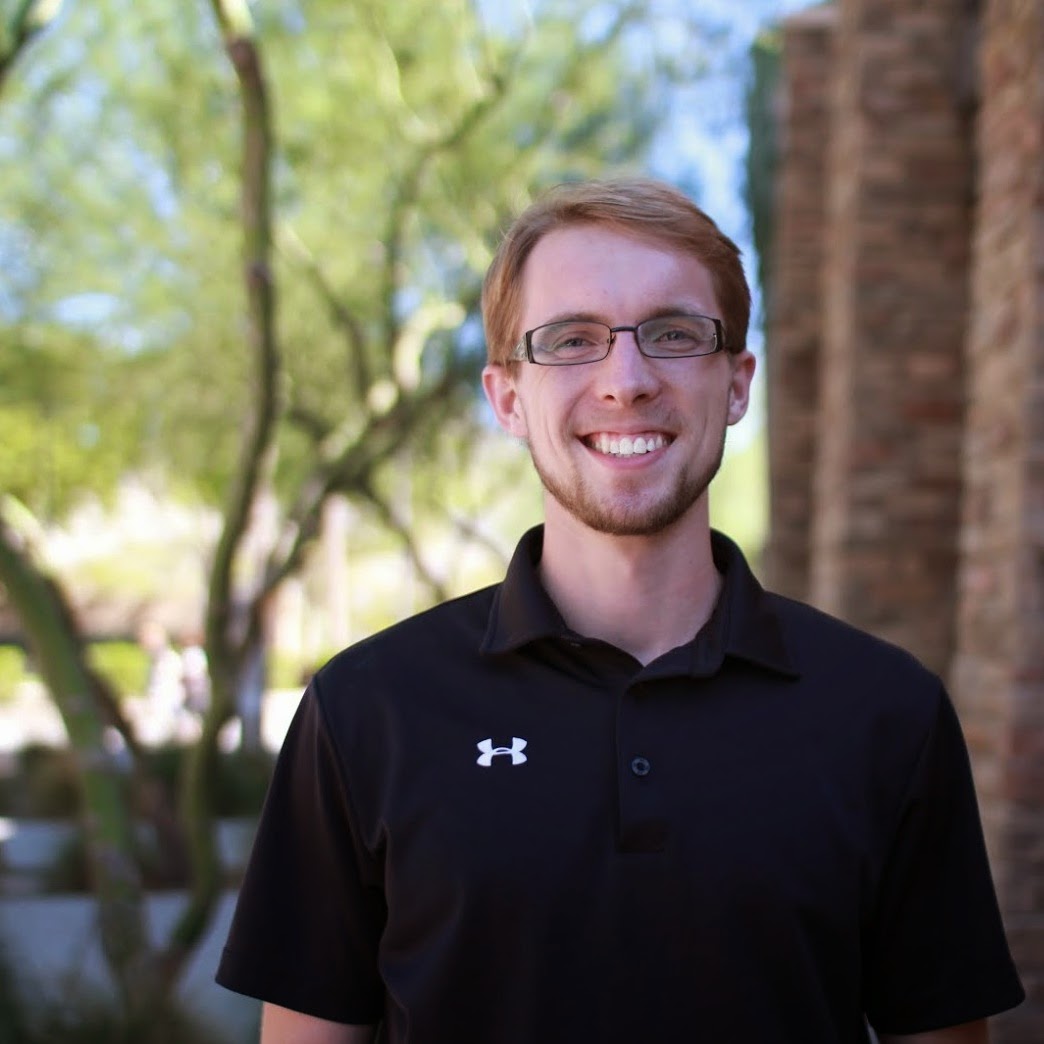And that right there was the most obvious statement I probably ever made.
Well, of course, it is! The Psalm begins and ends with PRAISE THE LORD, or as some English translations say, "Bless the Lord".
Bless the Lord, O my soul,
and all that is within me,
bless his holy name!
Bless the Lord, O my soul,
and forget not all his benefits,
who forgives all your iniquity,
who heals all your diseases,
who redeems your life from the pit,
who crowns you with steadfast love and mercy,
who satisfies you with good
so that your youth is renewed like the eagle's.
It is filled with makarism. The same style of speaking and writing that Jesus used to begin the Sermon on the Mount. We are to bless the LORD because of who He is and what He has done.
The Lord works righteousness
and justice for all who are oppressed.
He made known his ways to Moses,
his acts to the people of Israel.
The Lord is merciful and gracious,
slow to anger and abounding in steadfast love.
He will not always chide,
nor will he keep his anger forever.
He does not deal with us according to our sins,
nor repay us according to our iniquities.
For as high as the heavens are above the earth,
so great is his steadfast love toward those who fear him;
as far as the east is from the west,
so far does he remove our transgressions from us.
As a father shows compassion to his children,
so the Lord shows compassion to those who fear him.
For he knows our frame;
he remembers that we are dust.
As for man, his days are like grass;
he flourishes like a flower of the field;
for the wind passes over it, and it is gone,
and its place knows it no more.
But the steadfast love of the Lord is from everlasting to everlasting on those who fear him,
and his righteousness to children's children,
to those who keep his covenant
and remember to do his commandments.
The Lord has established his throne in the heavens,
and his kingdom rules over all.
I love this psalm because of the story it tells. It is filled with redemption, grace, and love. It is a psalm that I believe every Christian can sing joyfully and without any kind of hesitation or need to explain away specific phrases.
We are called to praise the LORD in every circumstance because of what He has done in our world. He has forgiven us of all our sins, and redeemed our lives from the pit.
He works righteousness and justice for all the oppressed.
There are appeals to Moses, phrases from Isaiah, from Genesis pulling from the Creation account, from Abraham, and Jacob. There is a reference to the throne which conjures up the image of a King. Knowing that this is written from David, it reminds the reader that though David was the great King, there is still an even greater king.
Furthermore, this psalm is a Jesus song. It tells the story of how God has redeemed his people through Jesus. The Old Testament was but a shadow of the grace and redemption available to all through Jesus. The only way to respond to such a story, such a song, is to worship.
Bless the Lord, O you his angels,
you mighty ones who do his word,
obeying the voice of his word!
Bless the Lord, all his hosts,
his ministers, who do his will!
Bless the Lord, all his works,
in all places of his dominion.
Bless the Lord, O my soul!
-----
Nathan Bryant
is a pastor at River Run Church in East Orlando, FL. As a student at Ozark Christian College in Joplin, Missouri he majored in Biblical Leadership, New Testament Studies, and Missiology. In 2014 he attended the Leadership Institute in Phoenix, AZ where he continued his education from other pastors and educators at one of the fastest growing churches in the United States. He loves the outdoors, whether it is camping in the mountains or jumping through the waves at the beach, nothing is better than enjoying God’s creation. Nathan longs for unity and commitment to Jesus to be a defining element in the global church of his generation.
Christ's Kingdom is bigger than our causes.
Christ's Kingdom is bigger than our boundaries.
Follow him on Twitter: Follow @nathanpbryant
Nathan's Website
Follow him on Twitter: Follow @nathanpbryant
Nathan's Website








